Trump officials were warned family separation could cause 'traumatic psychological injury' to children

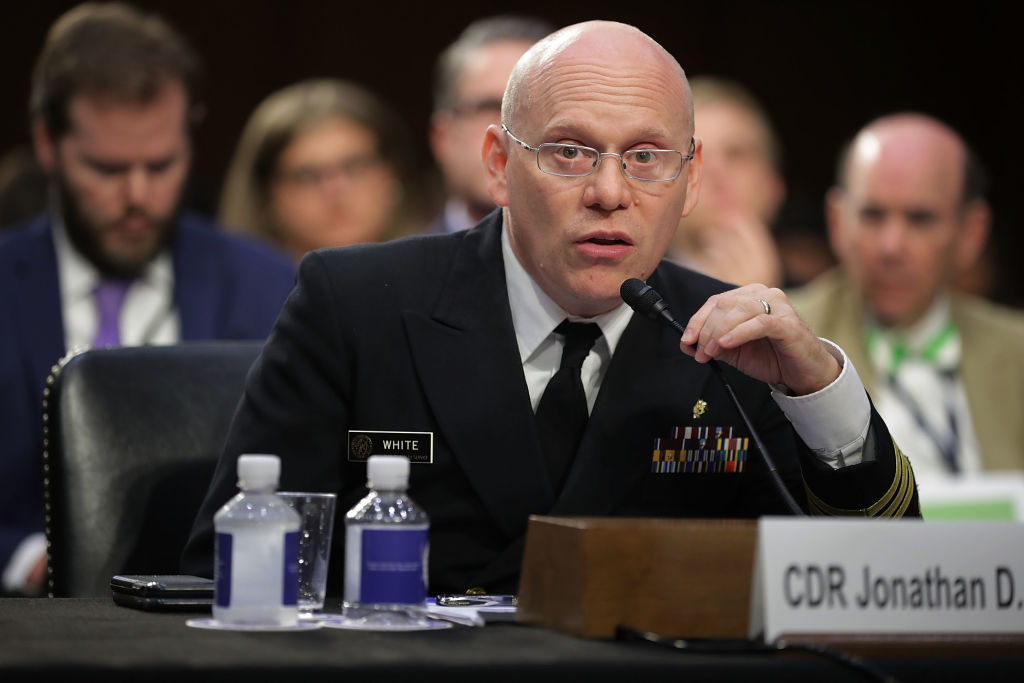
A refugee resettlement official told the Trump administration that separating families at the border posed psychological dangers for children. The policy proceeded anyway.
Jonathan White, the Office of Refugee Resettlement's former deputy director, told the Senate Judiciary Committee on Tuesday that "there is no question that separation of children from parents entails significant potential for traumatic psychological injury to the child." White told lawmakers that he relayed that same information to White House officials for months, but was consistently told family separation "was not the policy of the United States."
White was part of a committee hearing with Immigrations and Customs Enforcement, Border Patrol, and ORR officials to answer questions about President Trump's policy separating children from parents at the border. Before he left his ORR position on March 15, he was part of discussions surrounding a hypothetical family separation policy. But even on the day he left the agency — just weeks before the family separation policy took effect — White said he was essentially told it wasn't going to happen. Flash forward a few months, and multiple experts have backed up White's insistence that family separation has hurt children's mental health.
The Week
Escape your echo chamber. Get the facts behind the news, plus analysis from multiple perspectives.

Sign up for The Week's Free Newsletters
From our morning news briefing to a weekly Good News Newsletter, get the best of The Week delivered directly to your inbox.
From our morning news briefing to a weekly Good News Newsletter, get the best of The Week delivered directly to your inbox.
White also discussed how border patrol systems for tracking migrant children were "not set up to have referrals include parent information," seeing as those unaccompanied minors usually didn't arrive with guardians to begin with. That's one of several reasons reunification is taking longer than expected, White said at Tuesday's hearing.
Most children in ORR care do arrive at the border without a parent or guardian, White affirmed. Only about 15 to 20 percent of unaccompanied children were actually separated by the government, and that includes children who were taken from parents with serious criminal records — something ORR has been doing for years.
A free daily email with the biggest news stories of the day – and the best features from TheWeek.com
Kathryn is a graduate of Syracuse University, with degrees in magazine journalism and information technology, along with hours to earn another degree after working at SU's independent paper The Daily Orange. She's currently recovering from a horse addiction while living in New York City, and likes to share her extremely dry sense of humor on Twitter.
-
 Grok in the crosshairs as EU launches deepfake porn probe
Grok in the crosshairs as EU launches deepfake porn probeIN THE SPOTLIGHT The European Union has officially begun investigating Elon Musk’s proprietary AI, as regulators zero in on Grok’s porn problem and its impact continent-wide
-
 ‘But being a “hot” country does not make you a good country’
‘But being a “hot” country does not make you a good country’Instant Opinion Opinion, comment and editorials of the day
-
 Why have homicide rates reportedly plummeted in the last year?
Why have homicide rates reportedly plummeted in the last year?Today’s Big Question There could be more to the story than politics
-
 The billionaires’ wealth tax: a catastrophe for California?
The billionaires’ wealth tax: a catastrophe for California?Talking Point Peter Thiel and Larry Page preparing to change state residency
-
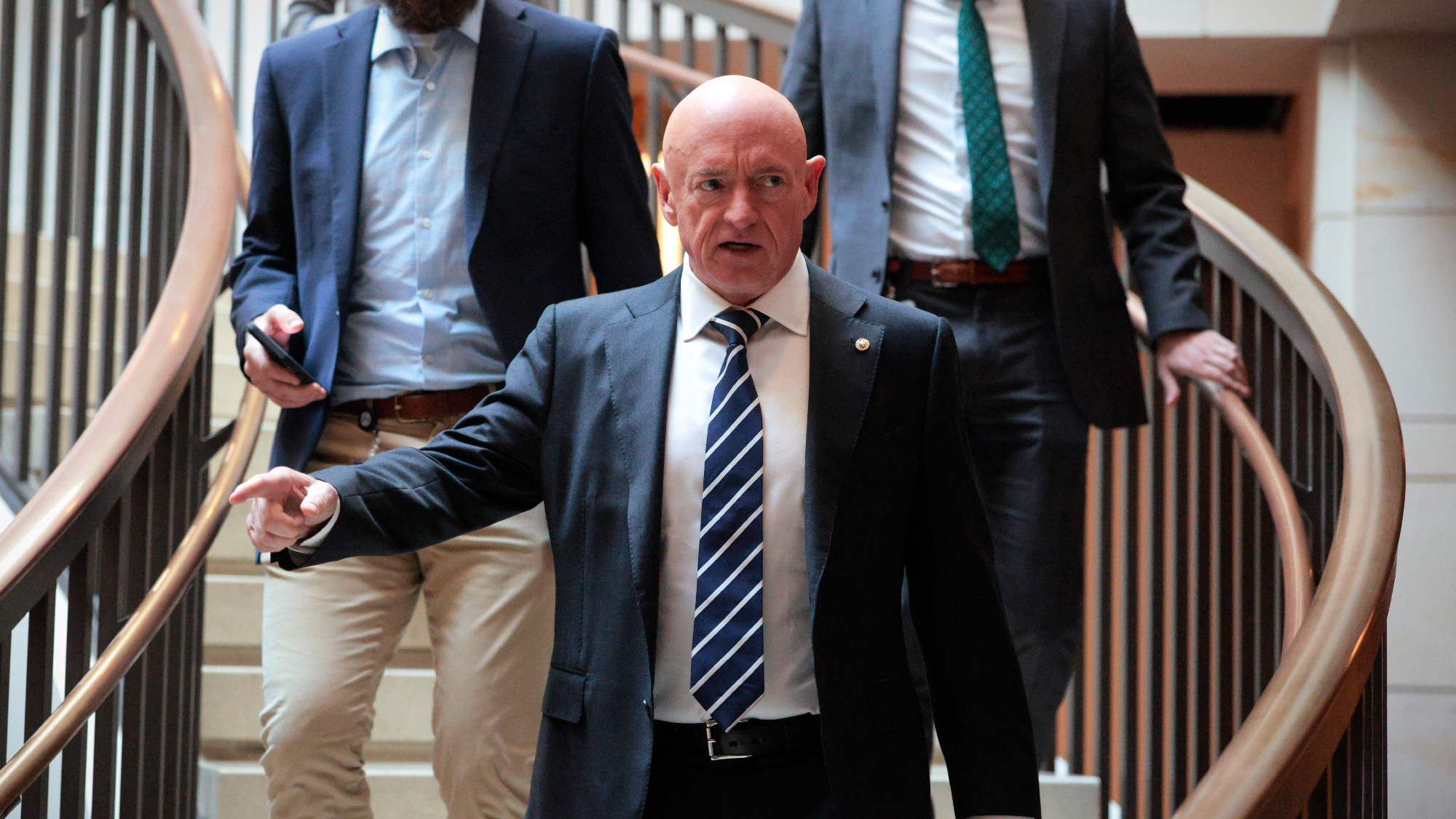 Hegseth moves to demote Sen. Kelly over video
Hegseth moves to demote Sen. Kelly over videospeed read Retired Navy fighter pilot Mark Kelly appeared in a video reminding military service members that they can ‘refuse illegal orders’
-
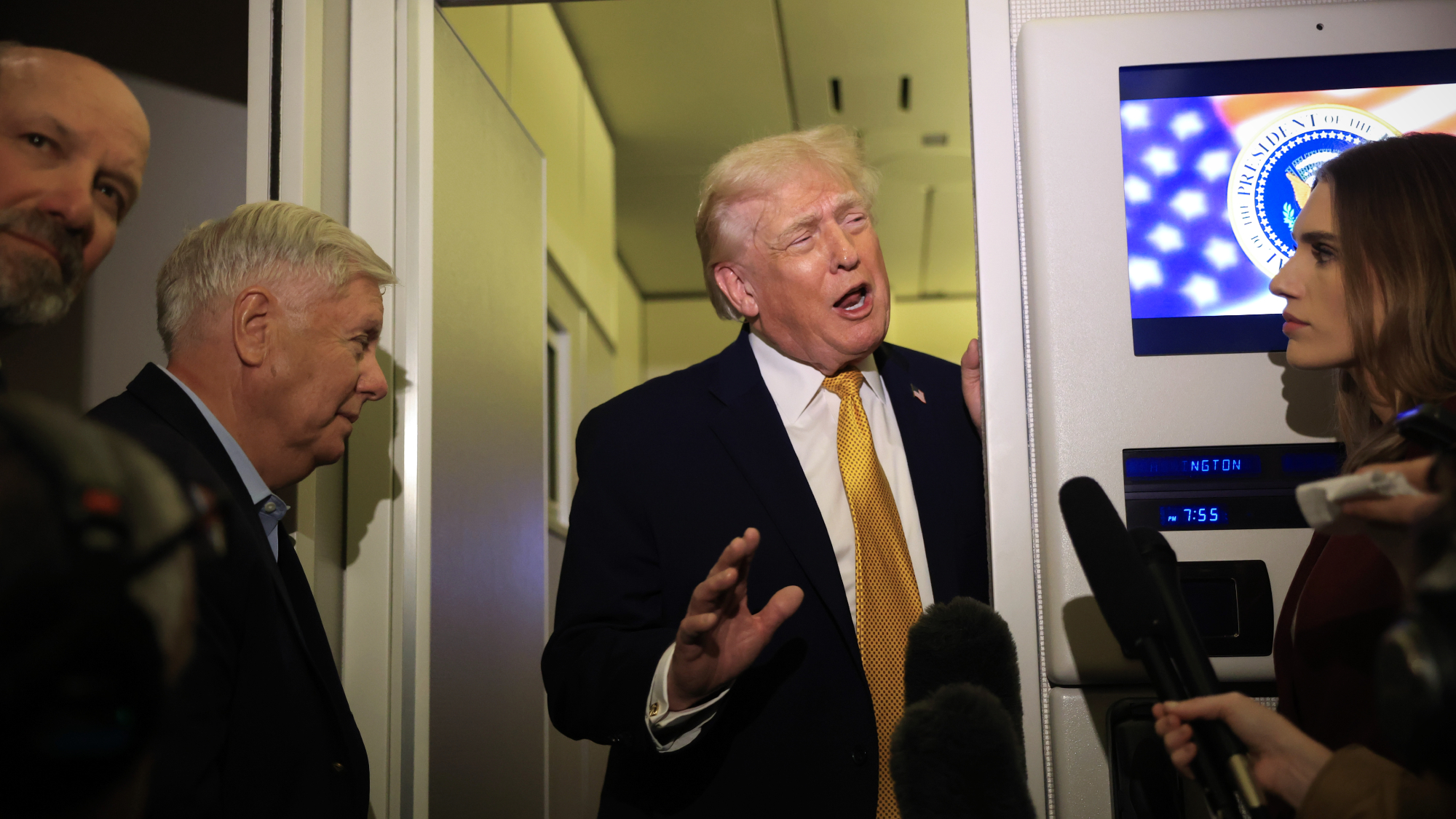 Trump says US ‘in charge’ of Venezuela after Maduro grab
Trump says US ‘in charge’ of Venezuela after Maduro grabSpeed Read The American president claims the US will ‘run’ Venezuela for an unspecified amount of time, contradicting a statement from Secretary of State Marco Rubio
-
 Bari Weiss’ ‘60 Minutes’ scandal is about more than one report
Bari Weiss’ ‘60 Minutes’ scandal is about more than one reportIN THE SPOTLIGHT By blocking an approved segment on a controversial prison holding US deportees in El Salvador, the editor-in-chief of CBS News has become the main story
-
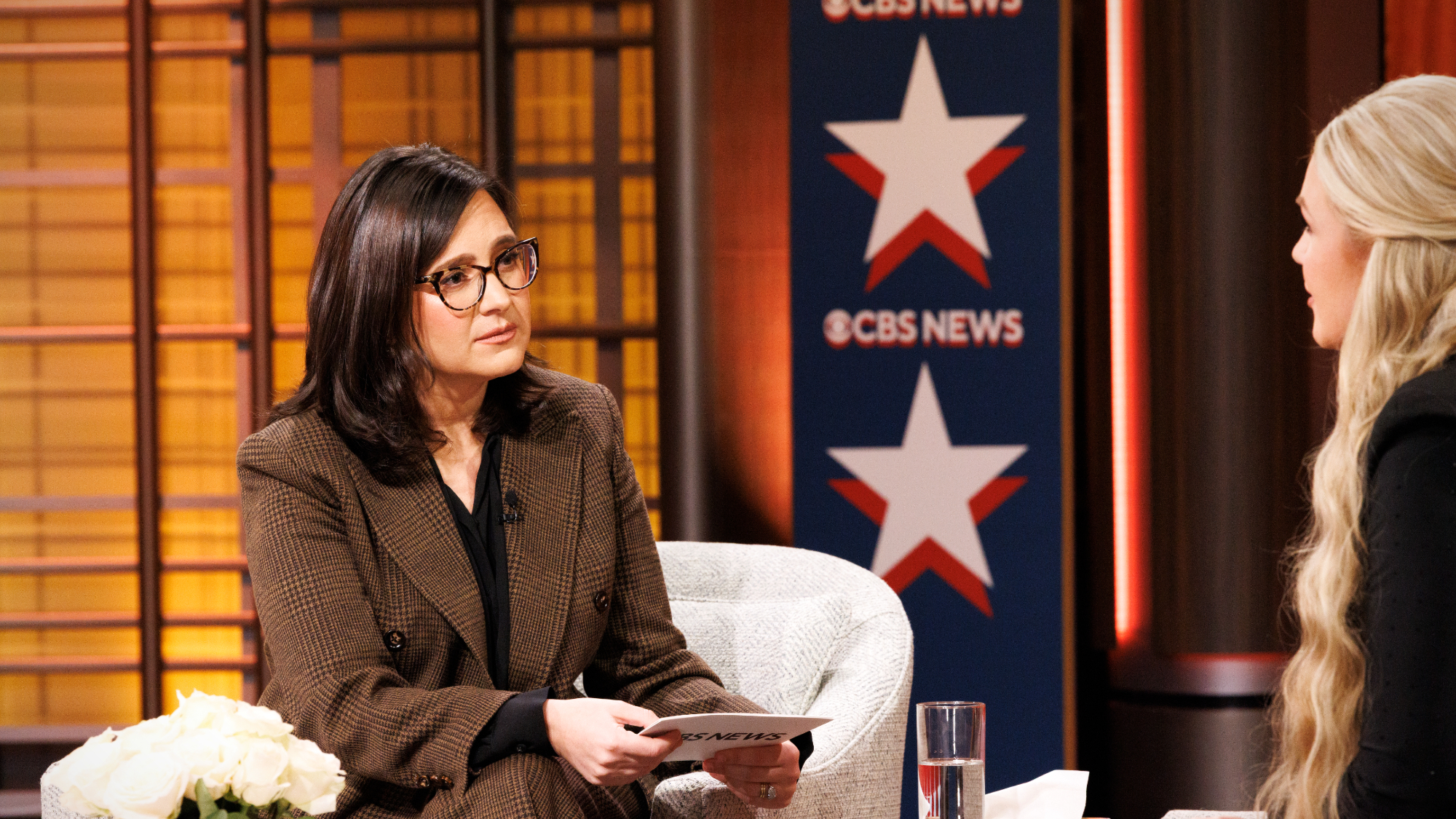 CBS pulls ‘60 Minutes’ report on Trump deportees
CBS pulls ‘60 Minutes’ report on Trump deporteesSpeed Read An investigation into the deportations of Venezuelan migrants to El Salvador’s notorious prison was scrapped
-
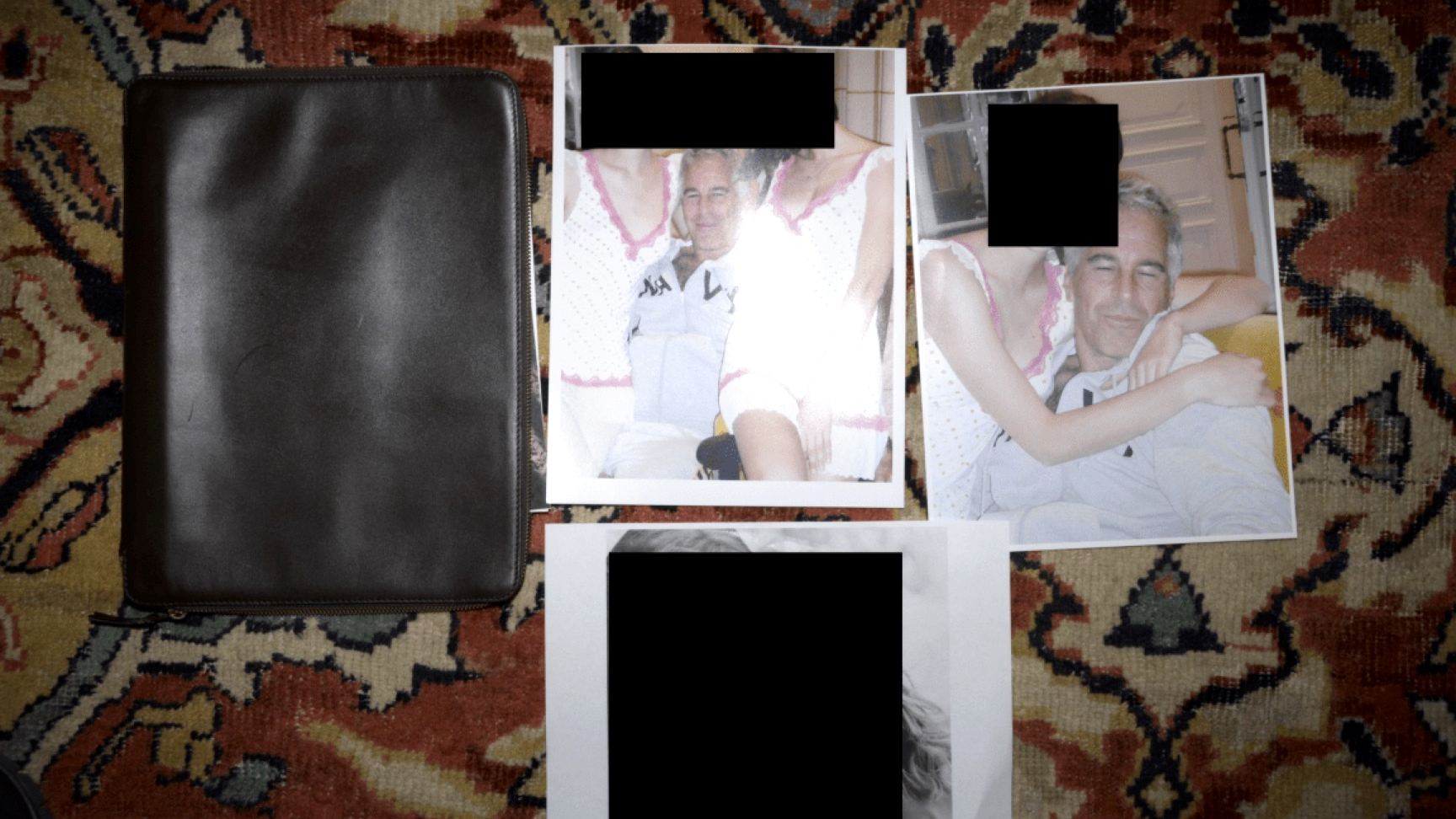 Trump administration posts sliver of Epstein files
Trump administration posts sliver of Epstein filesSpeed Read Many of the Justice Department documents were heavily redacted, though new photos of both Donald Trump and Bill Clinton emerged
-
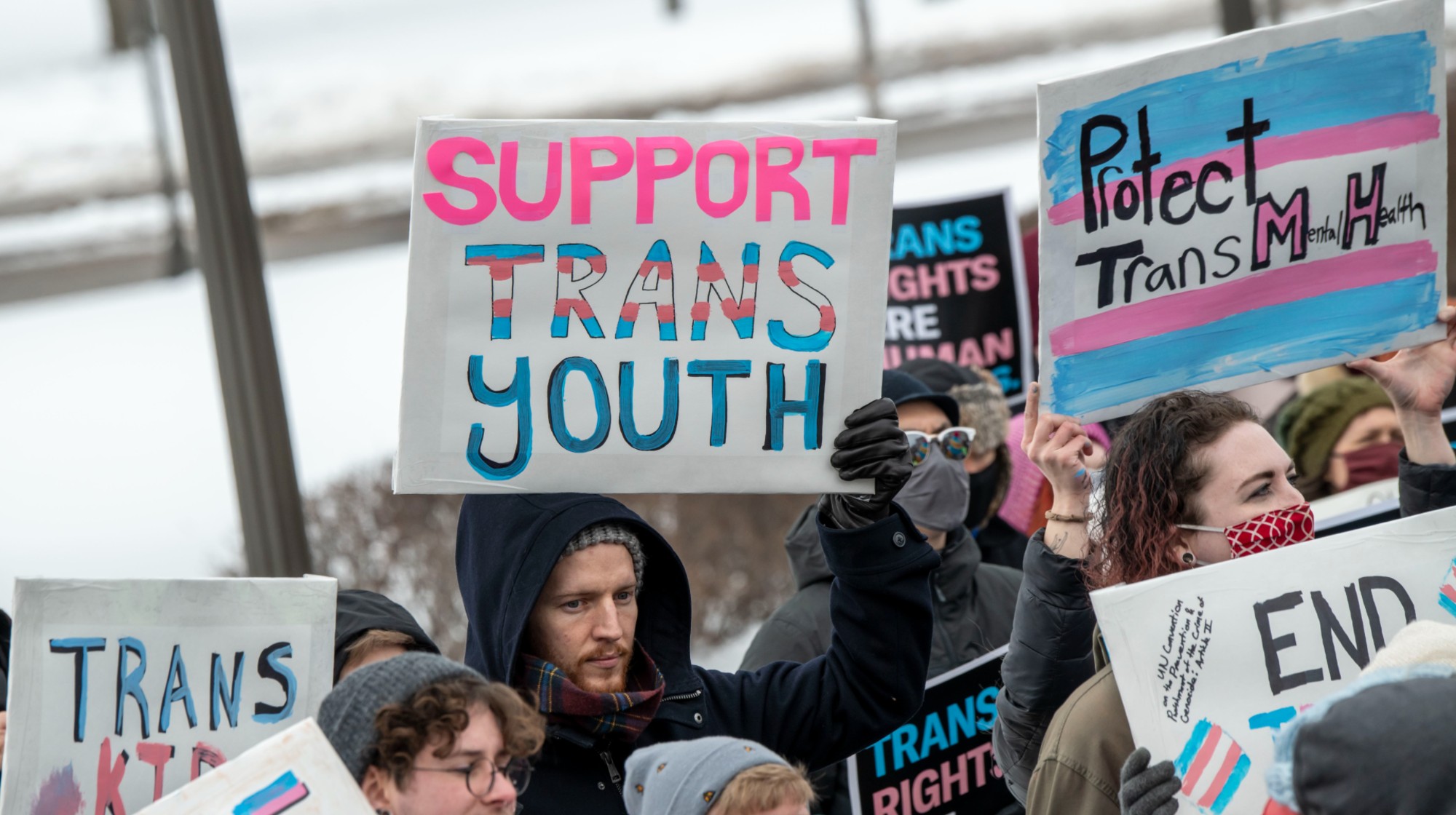 Trump HHS moves to end care for trans youth
Trump HHS moves to end care for trans youthSpeed Read The administration is making sweeping proposals that would eliminate gender-affirming care for Americans under age 18
-
 Jack Smith tells House of ‘proof’ of Trump’s crimes
Jack Smith tells House of ‘proof’ of Trump’s crimesSpeed Read President Donald Trump ‘engaged in a criminal scheme to overturn the results of the 2020 presidential election,’ hoarded classified documents and ‘repeatedly tried to obstruct justice’
